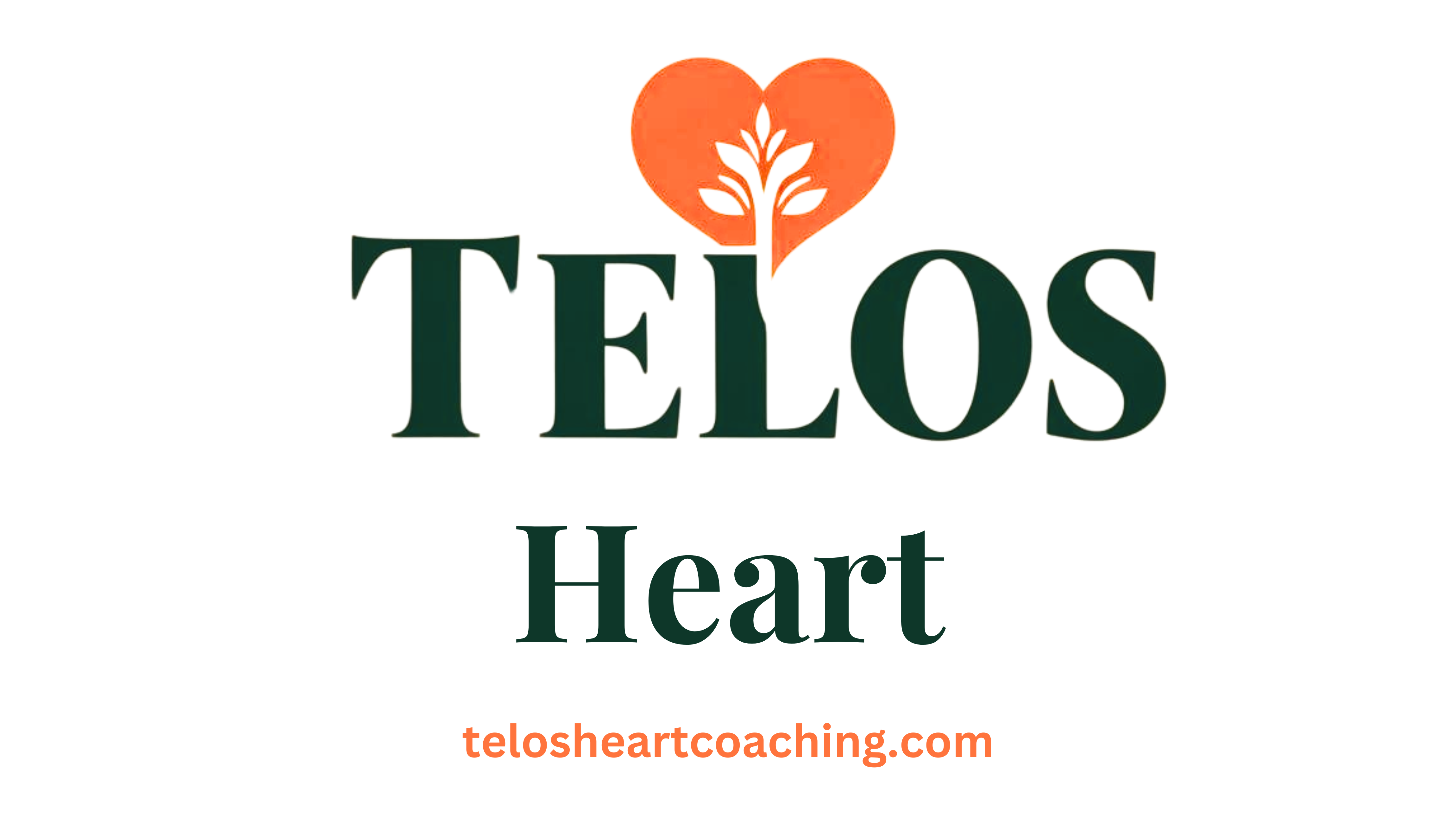At all times I am reading multiple books. Right now I am moving gently between two prophetic books, Everyday Ubuntu by Mungi Ngomane and The Tears of Things by Fr. Richard Rohr. Last week I interviewed Mungi Ngomane about her book, Everyday Ubuntu, You can watch that interview here.
Mungi and I discussed several of the practices of Ubuntu. In the conversation she shared her motivation for writing the book. She said this philosophy of Ubuntu has been the foundation of her life. While growing up in the UK and the USA her mother, Nontombi Naomi Tutu, raised her and her brother as South African children with Ubuntu as their guiding life principle and family practice. As a child this practice often led her to feel different and at odds with her peers, but as she grew older the way of ubuntu became her security and foundational wisdom. Mungi ended our conversation with a profound question arising from her practice of ubuntu. She asked, “Do we demand that the people we love do everything on their own, alone? And if we do not, why do we insist on doing everything alone? And why would we want to?”
That is a damn good question. Why would we want to do everything on our own, alone?
Growing up I was the youngest of three children. My home was often chaotic and unpredictable. We had everything we needed to survive, a stable house, consistent food, two parents and a steady income. But we were a family struggling with serious mental health issues during a time when mental health issues were not openly discussed. The cultural characteristic of individualism, the delusional mythology of The Lone Ranger, and the ideology that a person could ‘pull themselves up by the bootstraps’ was dominant and ingrained. Even though we were a part of a vibrant church community, my family never asked for help, we gave help. My parents were central to the church’s ministries; teaching and cleaning brass and my father was a regular lay minister. I doubt many, if any, members in our church community knew the details of our family’s private struggles.
As the youngest child I was often caught in the middle of the struggle between my older sister and my mother. My brother being older than me and having the privilege of mobility could hop on his bike and leave it all behind. But I was too young (and a girl) so I would either be the mediator of the conflict or hide in my room, alone. Soon enough it became clear to me that “alone” was the safer of the two options. I don’t share this to engender pity or as a judgment of my family, I know many of you could share a similar story of how aloneness in your family system might have been your safe place as well. This is simply a consequence of dominant culture that values independence and individualism over cooperation and transparency.
In Everyday Ubuntu in lesson 11 Mungi explores “Acknowledging Reality (however painful)”. On page 175 she says;
“My family taught me that ubuntu is not about pretending that everything is sweetness and light. It’s about understanding that it is possible for us to confront our darkness, especially with the help of others around us, as this makes us human too. Every positive has a negative and every negative has a positive. To love deeply will involve grief. To stand for a cause, as my grandparents (Archbishop Desmond and Leah Tutu) did, will involve sacrifice. To allow yourself to be vulnerable can ignite compassion and deepen your relationships with those around you.”
During the season of Lent, Christians prepare to be restored to fellowship. So this week, I invite you to consider Mungi’s profound question, ‘Why would we want to do everything on our own, alone?”
Is alone really safer, or is “alone” just a dominant value of the culture of empire, greed and sin.
This week ask yourself “What can I share with those that love me, my church community, my school friends or workplace team members or even my own family, that they may not know I am struggling with. How can I ask for help, for support from those that I know love me. How can I allow myself to be seen, heard and understood and sincerely cared for by others?
Ubuntu claims, I am only because You are. The practice of honesty and surrender in the acknowledgement of reality is core to the practice of ubuntu and the season of Lent as it prepares us to be fully restored to fellowship. And in fellowship we can discover a new way toward new life, restoration, repair, a way into communal resurrection.
Discover more from Telos Heart
Subscribe to get the latest posts sent to your email.
